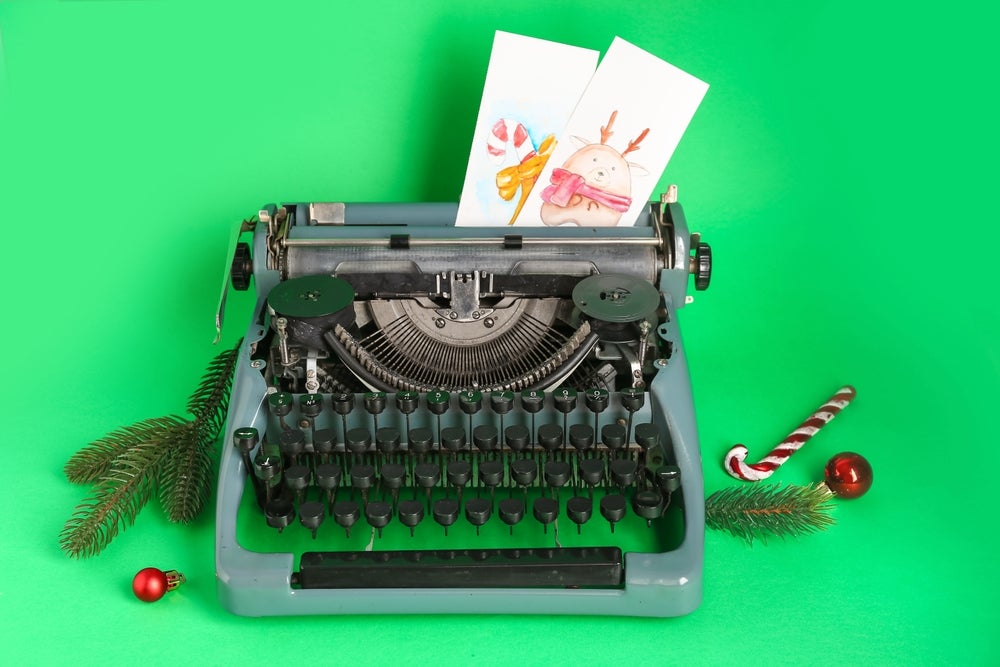Call it Lectors' Conundrum: Advertisements for books, such as full-page efforts in newspapers, bear some of the tritest writing one will ever have the misfortune to slap their eyes on. And for marketers, the blurbs in question commit the most egregious sin possible: They don't sell books.
There is no good reason why advertisements aimed at constant readers should be so uninspiring. There are, however, plenty of bad reasons: My guess is the ads are written by people who haven't read the books in question, or they're written by folks in a publishing house's promotions department who are afraid to go outside the boundaries of book advertising copywriting conventions – no matter how hackneyed or ineffective the resulting ads are.
Even testimonials that have other authors' names attached are verbal land mines. Writers who toss off clichés such as "It's the sort of book you want to read in one sitting" or "A taut, electrifying thriller in the Tom Clancy mode" don't add anything to the promotion of the book. In fact, they call their own credentials as creative thinkers into question.
The only person who should be permitted to say "I couldn't put it down" is Atlas. And he's probably not reading much, what with the weight of the world on his shoulders and all.
Consider the following actual ad copy: "In this spellbinding literary thriller, rich with complex and compelling characters, [author] takes readers on his most intriguing, most haunting, and most unforgettable journey yet."
The ad features the book author's name. I've left it out because I suspect he'd be embarrassed to be associated with this vacuous blurb. Go back and read the comment again, and then ask yourself the following: Where is anything that would intrigue a reader to pick this novel up? Is it set in a city or a historical time period I care about? Do I have any detail about these complex and compelling characters that makes me interested in them?
In theory, a book's text should provide the most compelling reason to read it. Short of leading all potential buyers into a Barnes & Noble, thrusting lattes into their hands and directing them to sit in the aisles pawing through a stack of potential purchases, book marketers should consider offering a substantial sample of the work being touted right in their ads.
Which excerpt should be featured? Well, the first few pages of a novel should be among its strongest. If so, this is a perfect default for which passages to choose when teasing a book in an advertisement. There's room, in a full-page ad, for a substantial taste of a novel – although an excerpt doesn't have to be long to be compelling. Consider the following opening paragraph:
"Nobody could sleep. When morning came, assault craft would be lowered and a first wave of troops would ride through the surf and charge ashore on the beach at Anopopei. All over the ship, all through the convoy, there was a knowledge that in a few hours some of them were going to be dead."
If you feel like reaching for a copy of Norman Mailer's "The Naked and the Dead" right now, I've proven my point. If not, you're probably not in the book's target audience, and no amount of platitudes about it being a breakthrough debut novel – which it was – will push you into it.
But you know a hell of a lot more what that book is about than had you read a lengthy series of insipid sentiments about it. So which approach is more likely to yield an intrigued potential customer?



